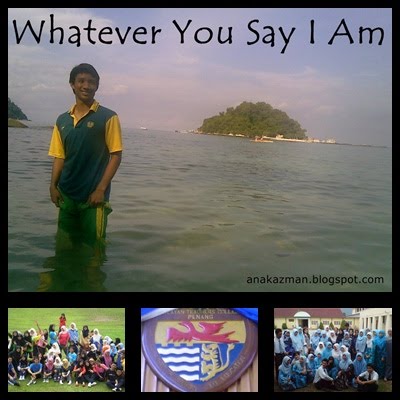Young And Malay book review
Assalamualaikum wbt and hello there
in this video i’ll be reviewing this book right here
[what is the book about]
Young and Malay: Growing Up In Multicultural Malaysia is an essay compilation book that was edited by Ooi Kee Beng and Wan Hamidi Hamid, published by Gerakbudaya Enterprise.
Inside are nine essays from various writers who are young-ish and identify as Malays.
In the introduction, one of the editors of the book tells us what the book sets out to do,
and what I understand from it is that they wanted to collect some essays about these writers’ experiences of growing up in Malaysia.
From reading the book, it became obvious to me that they weren’t given any strict guidelines or rules to follow,
So we get everything from one writer’s experience as a Malay boy in a Chinese school to another person’s critique on Dr Mahathir Mohamad’s 1970 book, The Malay Dilemma.
[what i liked about the book]
With an essay compilation like this, one cannot expect for all of the pieces to be amazing, but I did appreciate a few more than some others.
I like that this book tries to get the malay people of Malaysia to tell their own stories of their upbringing and their roots.
Reading about these writers’ experiences growing up in different parts of the country, and even growing up outside of the country was great.
It allowed me to gain a better insight into what other people’s lives were like and the kinds of thoughts they had as young Malay people, and I appreciate this book for that.
I also liked that a lot of these writers picked apart the mainstream narrative and were critical of what they were told as young people.
They go in depth into what formed their views of what Malayness has become and analyse why it has turned into what it is today.
As I said earlier, one writer even put aside sharing stories about their upbringing altogether and instead criticised The Malay Dilemma for the length of the essay.
In and of itself, it’s a worthwhile read, especially if you’ve never found any reason to doubt The Malay Dilemma.
But I have to admit that I don’t see it being a great fit for this particular collection. Nevertheless, I still enjoyed the essay.
[what I didn’t like about the book]
One particular essay, however, I did not enjoy very much.
It didn’t fit into what the book said it wanted to do, nor was it all that interesting to me.
The second essay in the book started off with a review of a punk rock show they attended once.
Then continued to list down all their favourite punk rock bands of the past.
Then started recommending the reader some other books to read.
It was as filler as it could get, and people could skip that essay without having missed all that much.
Another thing I found lacking about the book was that all the contributors of this book were very much opposed to the way the country was run.
Not that I’m disagreeing with their views in any way, but I do feel like it made the book lean heavily one way politically, without having any voice to balance it out.
I would have appreciated the book even more if the contributors were from a wider array of political views.
That way, a clearer picture of Young and Malay people could have been portrayed.
[nak rekemen buku ni kat sapa]
I would recommend this book to people who are interested in alternative narratives. If you don’t understand why anybody would dislike Dr Mahathir Muhammad, then this book is a great starting point.
Overall, I like the book and I find it interesting
I hope a newer volume will come out some time in the near future because I want to read about more Malaysians talking about being Malays.
The book we’ll be discussing next week is Gantung by Nadia Khan.
If you have any questions, you can send them to my email iniuntukakusahaja@gmail.com or tweet me @inianwarhadi
And that’s it for this video, may peace be upon you!



